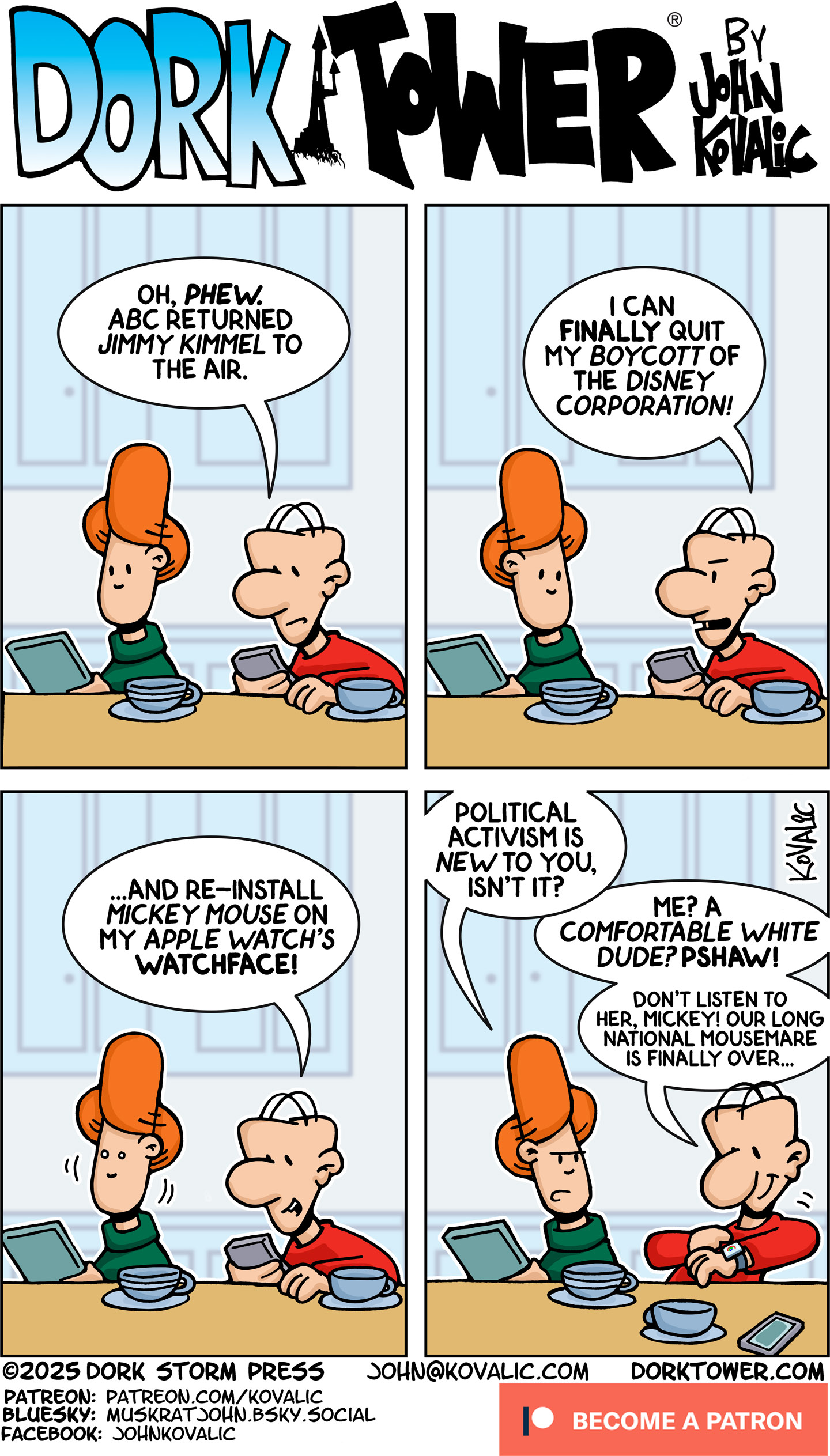Posted by fromtheheartofeurope
https://fromtheheartofeurope.eu/j-r-r-tolkien-and-dorothy-l-sayers/
https://fromtheheartofeurope.eu/?p=63847
Bumping this up from a social media post I made a couple of weeks ago: I came across a fascinating article, “Tolkien, Sayers, Sex and Gender”, by David Doughan, which looks at the possible reasons why Tolkien disliked the work of Dorothy L. Sayers. He says in a letter of 31 May 1944 to his son Christopher:
I could not stand Gaudy Night. I followed P. Wimsey from his attractive beginnings so far, by which time I conceived a loathing for him (and his creatrix) not surpassed by any other character in literature known to me, unless by his Harriet. The honeymoon one (Busman’s H.?) was worse. I was sick . . .
Doughan says, in the abstract of his paper:
Tolkien’s expressed “loathing” for Dorothy Sayers and her novels Gaudy Night and Busman’s Honeymoon is remarkable considering that Sayers is generally considered to belong to the same milieu as the Inklings. Possible reasons for this are the contrast between the orthodox Catholic Tolkien’s view of male sexuality as inherently sinful, requiring “great mortification”, and Sayers’s frankly hedonistic approach. Another reason may be Sayers’s depiction of an independent Oxford women’s college getting by successfully without men, and her representation of marriage as a source of intellectual frustration for creative women.
Indeed, Sayers was very friendly with Tolkien’s friends C.S. Lewis and Charles Williams, and is sometimes seen as an honorary member of the Inklings. But there is no evidence that she and Tolkien ever met, even though they graduated from Oxford in the same year (1915) and were both first published in the same volume of Oxford Poetry (also 1915).
In fairness to Tolkien, he doesn’t say that he hates all of the Lord Peter Wimsey books; he says that he particularly hated Gaudy Night and Busman’s Honeymoon, the last two books of the thirteen, but that the series had “attractive beginnings”. People who are bigger Wimsey fans than me tell me that they also hate Busman’s Honeymoon, so it’s a point of view which reasonable people can take. (For a counter perspective, Busman’s Honeymoon has the highest reader approval rating of any of the individual Wimsey novels on Goodreads, with Gaudy Night second.)
Doughan speculates that Tolkien’s dislike of Gaudy Night is because it showed a successful Oxford college run by women, and that Tolkien felt uncomfortable about such a scenario. Personally, without having gone into the details, I think this argument fails on two grounds. I have not read Gaudy Night myself, but again people who are bigger Wimsey fans than me tell me that it’s very much about internal rivalries and poisonous academic politics, rather than portraying the women’s college as a feminist utopia. I think it’s more likely that Sayers’ satire of the collegiate snakepit hit too close to home for Tolkien, and made him uncomfortable.
A very stupid person told me on social media (in a comment now deleted) that Tolkien simply hated and feared women. This is just rubbish. On women’s education, Tolkien’s record is actually rather good. A few years back, I came across this fascinating snippet in John D. Rateliffe’s essay, “The Missing Women: J. R. R. Tolkien’s Lifelong Support for Women’s Higher Education”:
A vivid glimpse into Tolkien as a teacher of women can be found in the biography of Mary Challans, better known by her pen name, Mary Renault. Renault’s biographer notes that Tolkien had tutored women from St. Hugh’s while working at the OED and describes the impact of Tolkien’s return from Leeds on Renault and her fellow students at St. Hugh’s in these terms:
the women at St. Hugh’s […] had every reason to be grateful for his return. He was a conscientious lecturer, offering al-most double the statutory hours in order to ensure that his students, female as well as male, covered the entire subject. Indeed, he was unusual in being notably sympathetic to women undergraduates.
We don’t have any contemporary references by Challans to Tolkien during her undergraduate days (1925–28), although we know she was obsessed with all things medieval at the time and that long afterward her letters exchanged with her old college roommate, Kasia Abbott, make “frequent references to their old teacher Tolkien”. And that, when asked about him more than sixty years later, Kasia described him to Renault’s biographer as “darling Tolkien”. We don’t have any correspondence between Tolkien and Renault, unfortunately, but we know that Tolkien and Renault admired each other’s fiction; he singles out The King Must Die and The Bull from the Sea for special praise and mentions receiving “a card of appreciation” from Renault, describing it as the piece of fan mail that had pleased him the most.
Considering just how much reader correspondence Tolkien received, to single out the postcard from Mary Renault / Challans as “perhaps the piece of ‘Fan-mail’ that gives me most pleasure” is a very strong statement indeed.
A couple of people suggested to me that perhaps Tolkien and Sayers had had an unsuccessful romantic encounter as students at Oxford, which then poisoned his perception of her forever. I think this is unlikely for several reasons. First of all, Tolkien actually says that he liked the earlier Wimsey books, and that his aversion to both books and writer developed later, possibly even as late as Gaudy Night; so he was not carrying an old grudge over three decades. Second, it’s totally plausible that Tolkien and Sayers, at different colleges and studying different subjects, would simply never have had occasion to meet as undergraduates.
Third, Tolkien was (as far as we know) obsessed with Edith Bratt throughout his Oxford years, and Dorothy L. Sayers’ not entirely successful love life as an undergraduate is also well chronicled in her own records. Of course, that doesn’t exclude some unrecorded disastrous attempted flirtation – or even a non-romantic yet enduringly bitter exchange of very different intellectual and/or political views – but Sayers in particular was pretty open about her past life, and doesn’t ever seem to have mentioned Tolkien in correspondence, even when he became famous (which was long after she did).
Sometimes people just don’t get on with each other, even if they have friends and interests in common, and sometimes later analysts can learn from the interaction, and sometimes there is not much there there; and I tend to feel this is one of the latter cases.
https://fromtheheartofeurope.eu/j-r-r-tolkien-and-dorothy-l-sayers/
https://fromtheheartofeurope.eu/?p=63847













